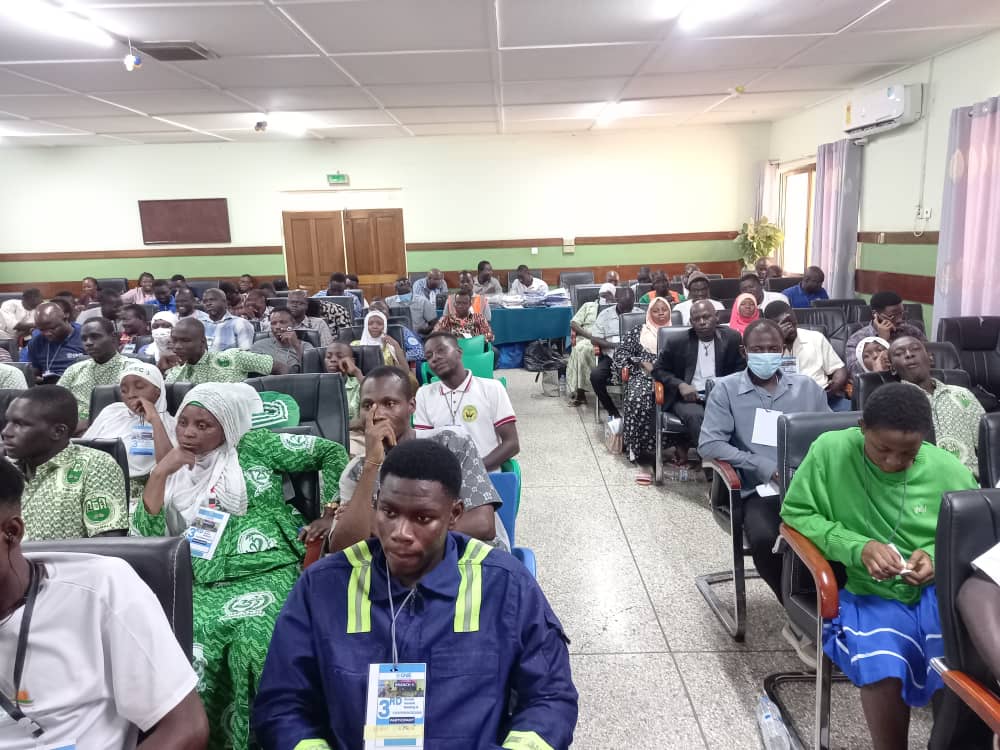The Ghana Institution of Engineers (GhIE) has raised alarm over the low adoption of modern agricultural technology and engineering services among farmers, warning that the trend poses a serious threat to Ghana’s long-term food security.
Engineer Bismark Otu made this known while addressing the media in Tamale at the Annual Delegates Conference of Branch 5 of the Ghana Institution of Engineers, a branch comprising engineering professionals from across the Northern Region.
He noted that despite major advancements in agricultural engineering, many farmers continue to rely on traditional farming practices that no longer meet the country’s growing food demands.
“Most farmers in Ghana still depend on traditional tools and methods of farming, and this is not the best option for meeting the food needs of our increasing population,” Engineer Otu said. “Without the widespread adoption of modern technologies, such as mechanisation, irrigation systems, improved storage techniques, and digital farming tools, our food security remains at risk.”
Modern engineering interventions, he explained, have the potential to significantly transform Ghana’s economy, particularly agriculture, which employs millions of people. The introduction of advanced irrigation systems can ensure year-round farming, reducing dependence on rainfall and boosting yields.

Mechanisation can greatly increase efficiency, while engineering innovations in storage, transportation, and processing can cut post-harvest losses and link farmers to bigger markets.
Beyond agriculture, engineering solutions in renewable energy, digital technology, water systems, construction, and manufacturing can stimulate industrial growth, create jobs, attract investment, and accelerate Ghana’s shift toward a modern, technology-driven economy.
This year’s Annual General Meeting also placed a strong emphasis on mentoring young and female engineers, with a renewed commitment to promoting the participation of women in the engineering profession. The conference highlighted the need to build a future engineering workforce that is diverse, innovative, and capable of delivering sustainable development solutions.
Stakeholders at the event reiterated the importance of engineering-driven reforms to boost productivity, modernise farming systems, and strengthen Ghana’s overall economic resilience.
By: Prince Kwame Tamale/ Rainbowradioonline.com/Ghana














